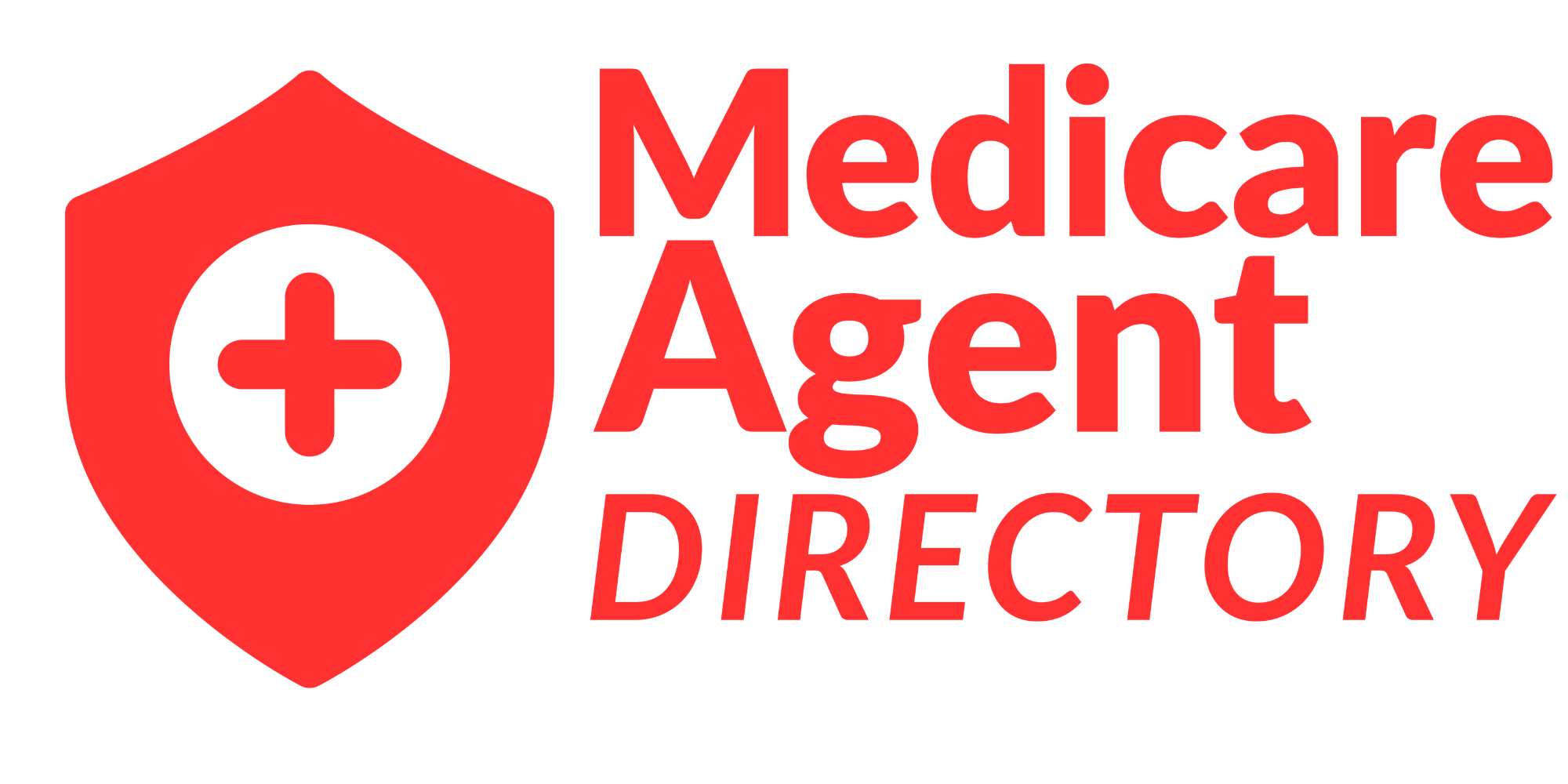One of the biggest decisions you’ll face when signing up for Medicare is whether to go with a Medicare Advantage plan or a Medigap (Medicare Supplement) policy. Both options are designed to help cover your healthcare needs, but they work in very different ways. Making the wrong choice could lead to higher costs, limited access to doctors, or gaps in coverage. That’s why it’s so important to understand the pros, cons, and long-term impacts of each option before you decide.
Medicare Advantage (Part C)
Medicare Advantage plans bundle your Part A (hospital) and Part B (medical) coverage into one plan, and most also include Part D prescription drug coverage. These plans are offered by private insurance companies approved by Medicare. Many Advantage plans provide extra benefits like dental, vision, hearing aids, transportation to medical visits, and even fitness programs.
The biggest appeal of Medicare Advantage is usually the lower monthly premium. Some plans even have a $0 monthly cost. But there are trade-offs. Advantage plans typically require you to stay within a specific network of doctors and hospitals, much like employer insurance or an HMO. You’ll also face copays and coinsurance for many services, and if you travel frequently or live part-time in another state, your coverage may not travel with you.
Medigap (Medicare Supplement Insurance)
Medigap policies are different. These plans work alongside Original Medicare (Parts A and B) and help cover out-of-pocket costs like deductibles, coinsurance, and copayments. With Medigap, you can see any doctor nationwide who accepts Medicare, without worrying about networks or referrals. This flexibility makes Medigap especially attractive to people who travel often, want access to specialists across the country, or value predictability in their medical bills.
The trade-off is cost. Medigap plans have higher monthly premiums than most Advantage plans, and prescription drugs are not included. You’ll need a separate Part D plan for medications. Still, for many seniors, the peace of mind of knowing exactly what their medical bills will be is worth the higher monthly cost.
How to Decide
The right choice depends on your lifestyle, health needs, and financial goals:
If you want low premiums, don’t mind using a network, and like extras such as dental or vision, Medicare Advantage might be the better fit.
If you value flexibility, want nationwide access to providers, and prefer predictable out-of-pocket costs, Medigap may be the safer choice.
This is not a one-size-fits-all decision. A licensed Medicare agent can run personalized comparisons, explain differences in plain English, and help you choose with confidence.
